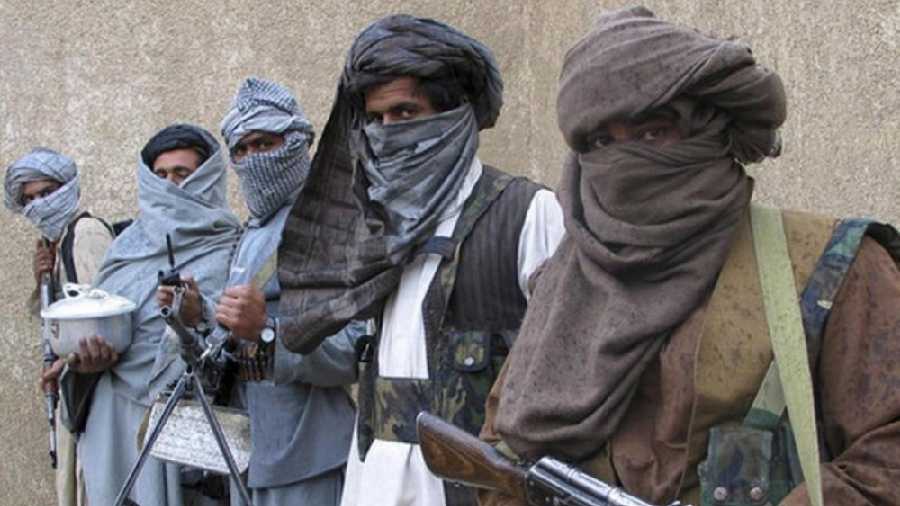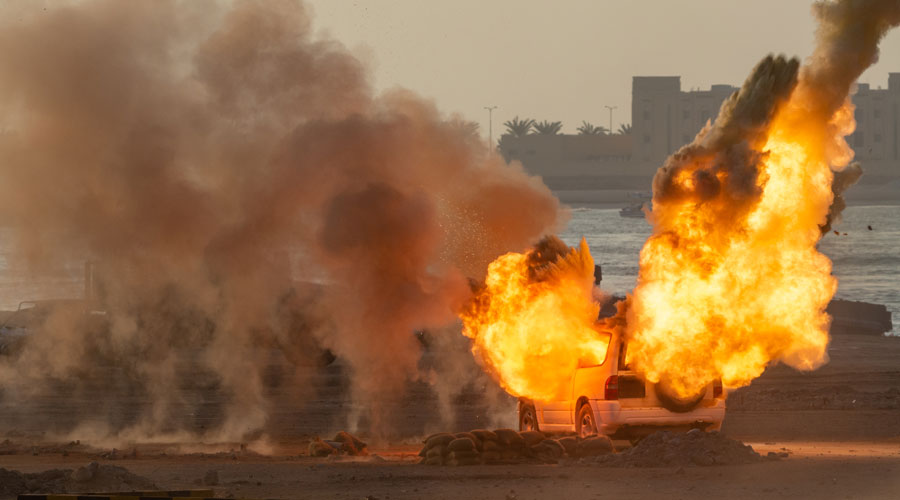The talks between Pakistan's tribal council leaders and the outlawed Tehreek-e-Taliban Pakistan (TTP) being held in Afghanistan have reached a deadlock, further complicating Pakistan's government's efforts to end nearly two decades of militancy in the restive border region.
The latest impasse comes after the militant group refused to back down from its demand for the reversal of the merger of erstwhile Federally Administered Tribal Areas with the Khyber Pakhtunkhwa province, the Express Tribune newspaper reported on Monday.
The outfit has also refused to lay down the arms in case a peace deal materialises, the report said.
The 12-member delegation, which is led by Barrister Mohammad Ali Saif, special assistant to the Khyber Pakhtunkhwa chief minister, reached Kabul on Saturday for the second round of negotiations with the TTP leadership.
The visit comes a day after the return of the delegation of Pakistani clerics, headed by Mufti Taqi Usmani, who visited Afghanistan from July 25 to 29.
The first meeting was very brief in which the two sides introduced themselves and then concluded soon after Mufti Usmani offered prayers for the success of the peace process.
Mullah Hasan and interior minister Sirajuddin Haqqani organised the second meeting in which the two sides openly discussed issues pertaining to the peace process. Now tribal elders are in Afghanistan to hold the second round of talks.
"There is a deadlock. And the prospects of a peace deal are not bright, a source connected to the peace efforts was quoted as saying by the paper.
The second round of talks comes as the Pakistan government and the TTP last month agreed to extend a ceasefire indefinitely while continuing negotiations to find an end to the nearly two decades of militancy.
The purpose of the delegation's visit was to use the goodwill of these religious clerics to persuade the TTP to withdraw their demands.
Pakistan began talks with the TTP in October last year at the request of the Afghan Taliban to seek a political solution to this festering issue.
The TTP, also known as the Pakistan Taliban, was set up as an umbrella group of several militant outfits in 2007. Its main aim is to impose its strict brand of Islam across Pakistan.
The group, which is believed to be close to al-Qaeda, has been blamed for several deadly attacks across Pakistan, including an attack on army headquarters in 2009, assaults on military bases and the 2008 bombing of the Marriott Hotel in Islamabad.
Jamiat Ulema-e-Islam-Fazlur Rahman group leader from South Waziristan led the previous jirga in June, and upon their return, they claimed to have achieved 90 per cent of the targets in the peace process with the TTP leaders.












